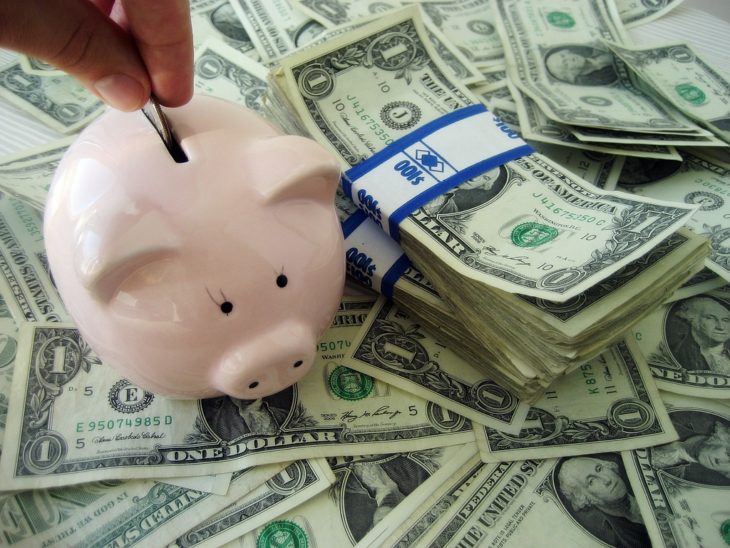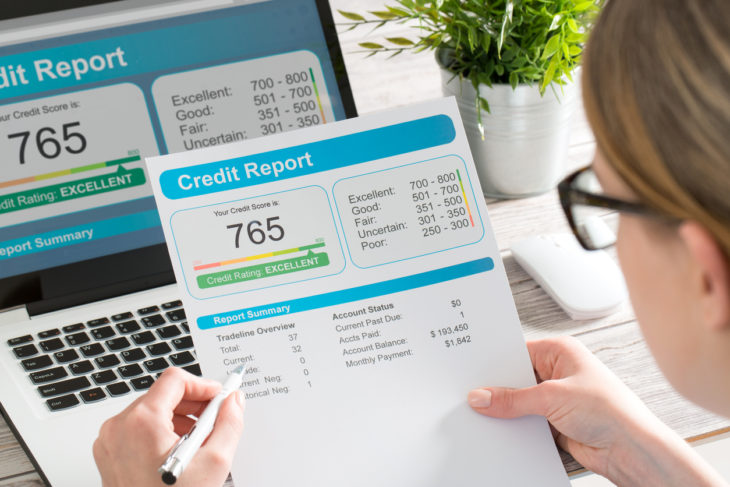Fixing your credit score is incredibly important. Of course, many people make the mistake of neglecting this until they have a real need for it. Your credit can’t be repaired overnight, so it’s absolutely crucial to do it in time.
So, how to do it? What are the steps you need to take to better your credit score?
In this short guide, we will try to answer these questions in as much detail as possible, so keep on reading!
So, without further ado, let’s start explaining this simple process!
Contents
1. Analyze your credit report
The first step in repairing your credit is checking your credit reports. You’ll have to know what affected your credit score in a negative way. Make sure to get a copy of the report and analyze it thoroughly. This will help you devise a plan and set your goals straight. You can either use a free online credit score website or ask for a copy from an official credit bureau like the TransUnion.
You should know that there are a couple of things that can impact your credit score: payment history, amounts owed, length of credit history, and the number of times you’ve applied for credit.

Source: lifehack
2. Look for any errors
Errors inside credit reports are a common occurrence. Make sure to find these and get them fixed. You can dispute all of your negative marks and the credit bureaus will have to investigate and provide you with a solution. Of course, these things can take some time, so make sure to armor yourself with some patience and persistence.
Other than that, you can ask the creditor to remove a negative item and offer them a settlement. While this will solely depend on their goodwill, it may not always work. Still, it’s better to try and you’ve nothing to lose by simply asking!
3. Try to pay what you owe
The number one reason for bad credit scores is your debt. If you have any bills that are awaiting payment, make sure to do it as soon as possible. These things may be easier said than done, but it’s still of the utmost importance to do it if you want to repair your negative marks. Try to make a sustainable financial plan and try to stick to it as much as you can. If you’re not sure about where to start or what to prioritize, you should probably consult with a professional financial advisor or a credit repair company like, for example, the O’Rise Finance LLC to help you do it efficiently.
Always remember that your debt is one of the first things your bank will consider before allowing you any type of loan (yes, including the mortgage loan too!). All in all, if you’re trying to fix your credit, paying what you owe is a good way to start.

Source: oldinvestments
4. Increase the credit limitations
Let’s say you owe $5000 on a card that has a max limit of $7000. Calling and asking the creditor to increase the limit to $10 000 might sound a bit unreasonable at first. Still, what you need to know is that the credit score is mostly affected by the debt-limit ratio, and not necessarily by the amount owed. So, if you owe $5000 on a card with a $10 000 limit, it’s actually better for your score than owing, for example, $3000 on a $5000 card. Of course, if you increase this limit, do not ever max out the card or go beyond the wanted ratio. This would only lead to more financial problems.
Increasing the limit is actually pretty easy, you just have to call and ask. Chances are you’ll get a positive answer since it’s in your bank’s best interest that you carry a larger balance.
5. Try to repay your student loans
Student loans are something that appears on your credit report and are a good way for your bank to establish their opinion on your reliableness. Make sure to make payments regularly, as one late or missed payment can affect your overall score in a major way. Of course, student loans are something that’s not easy to manage and even harder to repay, but respecting deadlines is absolutely crucial to your credit restoration.
Unfortunately, student loans are a huge issue that impacts many people’s credit scores in a negative way. Still, if you’re able to make payments inside the set deadlines, it will be a huge proof of your financial responsibility and stability. So don’t underestimate this part of your credit report.

Source: Kiplinger
6. Change your financial habits for the better
As we previously mentioned, bad credit repair is a lengthy process that will require you to change a lot of your habits. If you really want to do this you’ll have to be ready to make some compromises. Make sure you don’t spend more than you can afford, and whatever you do, don’t ever max out your credit cards. Your bank account will suffer together with your credit score if you ever do this.
Try to create a monthly budget to pay out your credit debt, and make sure to always pay your bills in time. Calculate your income after taxes, subtract all the essential costs, and try to set a limit for yourself. This might take some time to do, but with enough effort, you’re certainly going to succeed, and your credit score will be much higher.
So why should I care about fixing my credit score?

Source: iStock
In conclusion, we want to remind you once again how important it is to fix your credit as soon as possible. Well, a high score will unlock many life-changing opportunities for you. You’ll be able to get discounts on your insurance, gain access to the most favorable credit cards, and a much wider range of housing options.
Again, it’s incredibly important to start this process as early as possible. It doesn’t matter if you feel like you don’t need it right now, many things can happen in life, and it could be too late to fix it then. This can’t be done overnight since it will require a lot of change and effort on your side to be achieved.
All in all, you should set a lot of long-term goals and use the tips mentioned in this article to devise a proper financial plan to fix your credit ratings.
